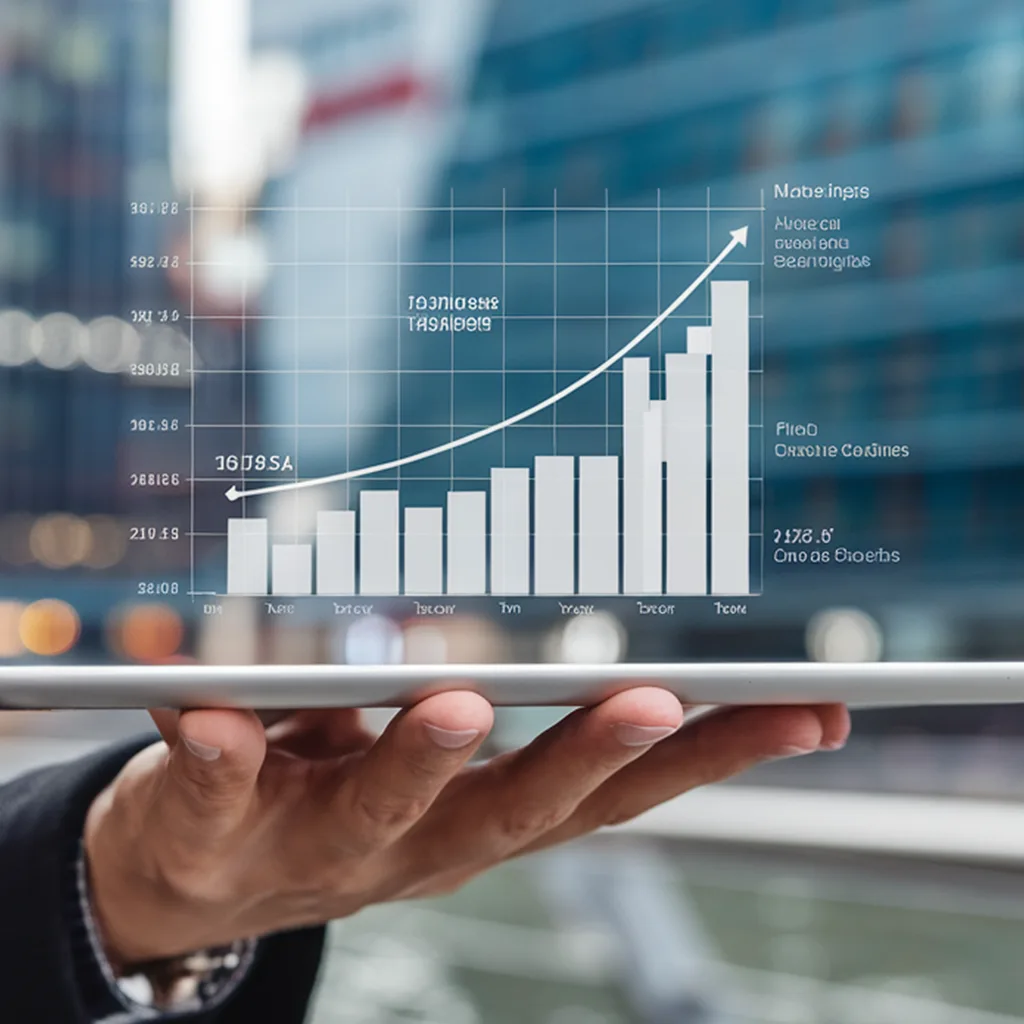Machine Learning in Digital Marketing: Transforming SEO Strategies
With the advent of machine learning in digital marketing, marketers have gained a powerful ally in optimizing their strategies and maximizing ROI.
Leveraging machine learning algorithms, marketers can analyze vast amounts of data, uncover valuable insights, and make data-driven decisions to drive better results across various digital channels.
From personalized recommendations to predictive analytics, machine learning algorithms are revolutionizing the way digital marketers approach SEO.
Understanding Machine Learning in Digital Marketing
What is Machine Learning?
Machine learning is a subset of artificial intelligence (AI) that involves the use of algorithms to analyze data, identify patterns, and make predictions without explicit programming instructions. In the context of digital marketing, machine learning algorithms can process vast amounts of data to optimize campaigns, personalize content, and improve user experience.
Personalized Recommendations
One of the key applications of machine learning in digital marketing is personalized recommendations. By analyzing user behavior, preferences, and past interactions, machine learning algorithms can deliver tailored recommendations to users, increasing engagement and conversion rates. Whether it’s suggesting products, content, or services, personalized recommendations enhance the user experience and drive customer satisfaction.
Predictive Analytics
Machine learning enables marketers to harness the power of predictive analytics to anticipate future outcomes and trends. By analyzing historical data and identifying patterns, machine learning algorithms can forecast customer behavior, market trends, and campaign performance. This foresight empowers marketers to make data-driven decisions and allocate resources more effectively.
Leveraging Machine Learning for SEO Strategies
Keyword Research and Optimization
Machine learning algorithms can analyze search query data and identify relevant keywords and phrases to target in SEO campaigns. By leveraging machine learning for keyword research and optimization, marketers can improve their website’s visibility in search engine results pages (SERPs) and attract more organic traffic.
Content Optimization
Machine learning algorithms can analyze content performance metrics, such as engagement and conversion rates, to identify patterns and trends. By leveraging this insight, marketers can optimize their content strategy, create more engaging and relevant content, and improve their website’s SEO performance.
User Experience Enhancement
Machine learning algorithms can analyze user behavior data to improve website usability and user experience. By identifying areas for improvement and implementing personalized recommendations, marketers can enhance the user experience, increase engagement, and reduce bounce rates, all of which are crucial factors for SEO.
Implementing Machine Learning in Digital Marketing
Data Integration and Analysis
Effective implementation of machine learning in digital marketing requires seamless integration of data from various sources, including website analytics, customer relationship management (CRM) systems, and advertising platforms. By consolidating and analyzing data, marketers can gain valuable insights into audience behavior and campaign performance.
Automation and Optimization
Machine learning enables marketers to automate repetitive tasks and optimize campaigns in real-time. By leveraging machine learning algorithms for bid management, ad targeting, and content optimization, marketers can streamline their processes, improve efficiency, and drive better results across various digital marketing channels.
Frequently Asked Questions About machine Learning in digital marketing
How does machine learning improve SEO performance?
Machine learning improves SEO performance by analyzing vast amounts of data to identify relevant keywords, optimize content, and enhance user experience. By leveraging machine learning algorithms, marketers can gain valuable insights into search trends and user behavior, allowing them to make data-driven decisions and improve their website’s visibility in search engine results pages (SERPs).
What are some common challenges associated with implementing machine learning in digital marketing?
Common challenges include data fragmentation, lack of expertise, and scalability issues. Overcoming these challenges requires robust data infrastructure, specialized talent, and a strategic approach to implementation. Marketers must prioritize data integration, talent acquisition, and collaboration across teams to unlock the full potential of machine learning in digital marketing.
How can machine learning algorithms optimize content for SEO?
Machine learning algorithms can analyze content performance metrics, such as engagement, click-through rates, and conversions, to identify patterns and trends. By leveraging this insight, marketers can optimize their content strategy, create more engaging and relevant content, and improve their website’s SEO performance.
What role does data quality play in machine learning for digital marketing?
Data quality is essential for the success of machine learning in digital marketing. High-quality data ensures that machine learning algorithms can make accurate predictions and optimizations based on reliable information. Marketers must prioritize data collection, storage, and analysis to ensure the effectiveness of their machine learning initiatives.
Is machine learning suitable for all types of digital marketing campaigns?
Machine learning can benefit a wide range of digital marketing campaigns, from search engine optimization (SEO) to pay-per-click (PPC) advertising and email marketing.
However, the suitability of machine learning depends on factors such as campaign objectives, available data, and budget constraints. Marketers should assess their specific needs and goals to determine the appropriate use of machine learning in their digital marketing strategies.
How can marketers get started with implementing machine learning in their digital marketing efforts?
Getting started with machine learning requires a strategic approach and specialized expertise. Marketers can begin by familiarizing themselves with basic machine learning concepts and tools, such as Python programming language and popular machine learning libraries like TensorFlow and scikit-learn.
Online courses, tutorials, and resources are also available to help marketers build their machine learning skills and apply them to their digital marketing campaigns.
By embracing machine learning in digital marketing, marketers can unlock new opportunities, improve targeting accuracy, and drive better results across various channels.
With its ability to analyze data, predict outcomes, and optimize performance, machine learning is reshaping the future of digital marketing and revolutionizing the way marketers approach SEO strategies.





